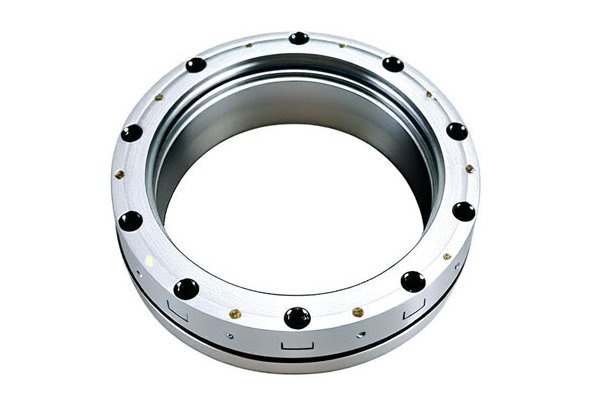Did you know that aluminum is the most widely used non-ferrous metal globally, accounting for nearly 80% of the non-ferrous metals produced? This versatile metal is prized for its lightweight, corrosion resistance, and excellent machinability, making it a top choice for a wide variety of industries, including automotive, aerospace, electronics, and medical devices. As technology continues to advance, the demand for precision-engineered aluminum components is on the rise. This is where precision aluminum machining services come into play.
In this comprehensive guide, we’ll explore how precision aluminum machining services can provide tailored solutions for custom parts production, enhancing efficiency and performance across multiple sectors.
Understanding Precision Aluminum Machining
Precision aluminum machining is a sophisticated manufacturing process that utilizes CNC (Computer Numerical Control) technology to create custom aluminum parts with high accuracy and consistency. This method ensures that parts meet stringent tolerances and specifications, which is essential for applications in fields such as aerospace and automotive engineering.
Why Choose Aluminum for Machining?
Aluminum is often chosen for its unique combination of properties:
The Process of Precision Aluminum Machining
Understanding the steps involved in precision aluminum machining is crucial to appreciating its benefits:
Step 1: Material Selection
The aluminum alloy’s characteristics will largely dictate its machining capabilities. Common alloys for precision machining include:
Step 2: CAD Design
Once the right aluminum alloy is selected, the next step involves creating a 3D Computer-Aided Design (CAD) model. This digital blueprint lays the groundwork for the entire machining process.
Step 3: CNC Machining
With the CAD model ready, CNC machines come into play. The process typically involves the following:
These processes are executed programmatically based on the CAD model, ensuring precision and efficiency.
Step 4: Finishing and Quality Control
Once the machining process is completed, the parts undergo various finishing operations such as polishing, anodizing, or powder coating. These techniques not only enhance appearance but also add protective layers to the components.
Subsequently, rigorous quality control measures ensure that each part meets specified tolerances and performance criteria. Non-destructive testing methods may also be employed to evaluate material integrity without causing damage.
Advantages of Precision Aluminum Machining Services

Industry Applications of Precision Aluminum Machining
Precision aluminum machining has found its niche in various sectors. Let’s explore some of the key industries that heavily rely on this technology:
Challenges in Precision Aluminum Machining
While precision aluminum machining offers significant benefits, it is not without challenges. Recognizing these challenges is crucial for manufacturers looking to optimize their operations:
Solutions to Overcome Challenges
Each challenge presents an opportunity for improvement. The following strategies can help optimize the precision aluminum machining process:
In summary, precision aluminum machining services play a vital role in the production of custom parts across multiple industries. The lightweight, durable, and versatile nature of aluminum makes it an ideal choice for high-performance applications, while CNC technology ensures that these components are manufactured with utmost precision and reproducibility.
By understanding both the benefits and the challenges involved in precision aluminum machining, businesses can make informed decisions to optimize their production processes. Implementing the right strategies can lead to cost-effective operations, improved product quality, and faster turnaround times.
As we continue to advance in technology and manufacturing processes, the importance of precision machining services cannot be overstated. It’s essential for stakeholders to engage thoughtfully with these principles, not only to enhance their operational efficiencies but also to inspire innovation within their respective industries.
Remember, understanding the nuances of precision aluminum machining can lead to significant advantages for manufacturers looking to establish themselves in an increasingly competitive marketplace. Embracing these techniques will allow businesses to harness the full potential of custom aluminum parts and drive future growth.






